Sweden study visit on safe infrastructure and vulnerable road users 2024
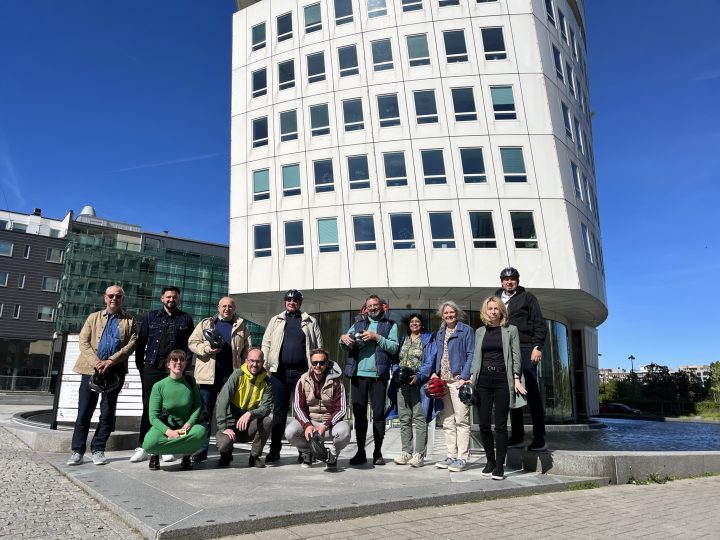
A Croatian delegation with representatives from the Ministry of Transport, Croatian Roads, and the Faculty of Transport and Traffic Sciences of Zagreb University, accompanied by the ETSC, traveled to Malmö, Sweden, on 13-14 May as part of a study visit on the topics of safe infrastructure and the safety of vulnerable road users.
The visit was organised together with the Swedish Transport Administration and supported by the City of Malmö. Over the course of two busy days, the members of the delegation participated in meetings with road safety experts from the Swedish Transport Administration, the City of Malmö, and the Øresundsbro traffic management centre.
The first day started with overviews of both the Croatian and Swedish road safety frameworks and recent developments. Croatian delegates from Croatian Roads and the Faculty of Transport and Traffic Sciences of Zagreb University presented the key road safety issues in their country.
Presentations from the Swedish partners focused on the implementation of Vision Zero principles in the development of safe road infrastructure with concrete examples of Swedish 2+1 roads. A lot of attention was also given to the issue of motorcyclist safety. Various different approaches to dealing with this from an infrastructure point of view were presented.
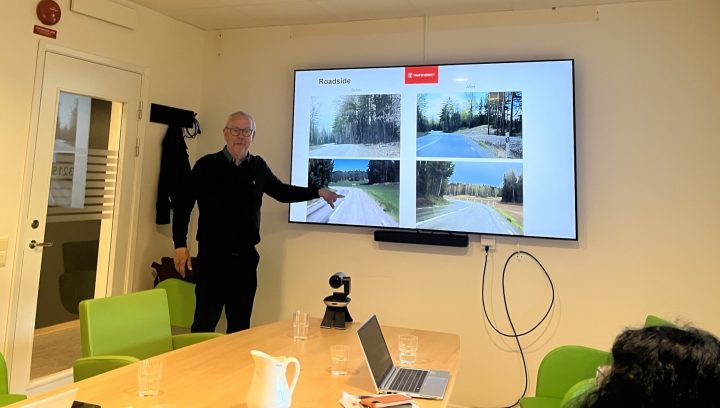
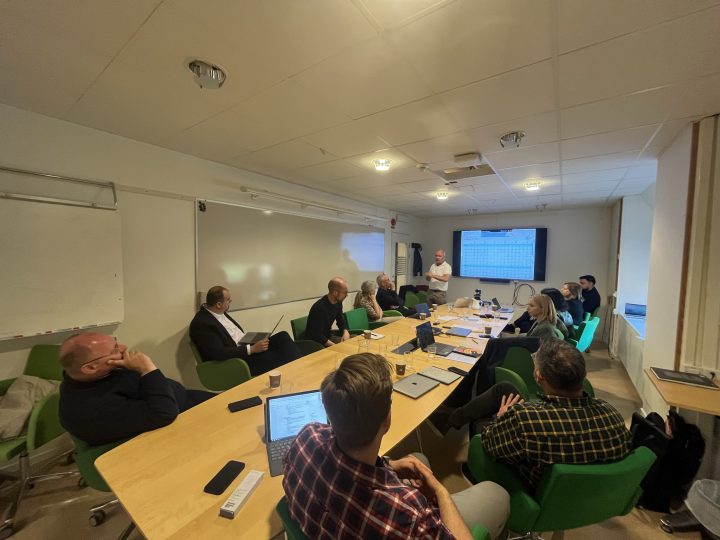
Participants received an in-depth presentation on the traffic management system on the Öresund Bridge – connecting Malmö in Sweden and Copenhagen in Denmark. This topic was of particular relevance for Croatia, given the recently built Pelješac Bridge and participants were interested in the Swedish approach to the traffic management challenges on bridges and tunnels.
Later presentations focused on urban areas and the safety of vulnerable road users, with representatives from the City of Malmö sharing their recent work on these topics. This allowed participants to discuss various thematic areas – from urban road safety measures in the city, procedures for deciding which tools to use, to political agreements and nuances in this regard. Malmö’s ongoing work in ensuring the safety of children, especially around schools, was shared with the participants.
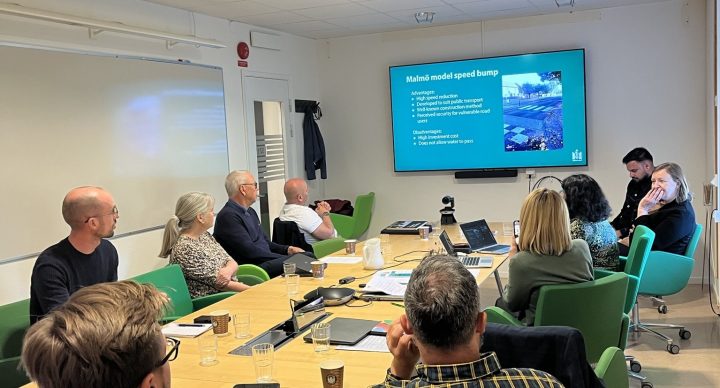
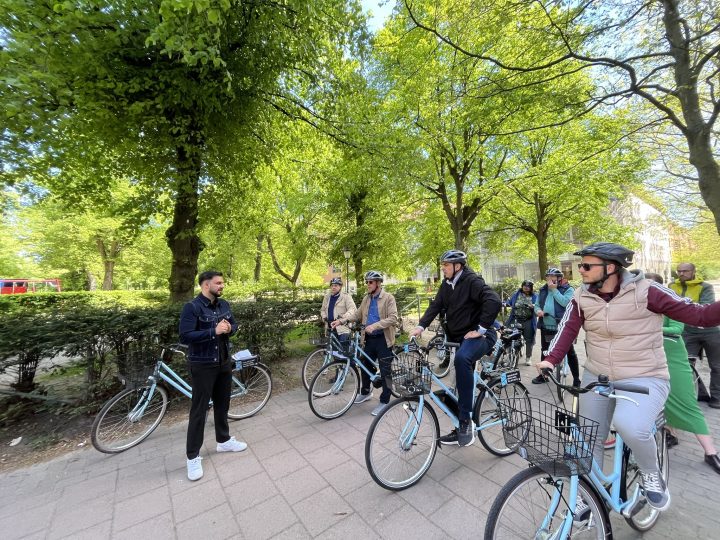
Finally, participants learned about the development and framework of Malmö as a safe cycling city. Mobility and planning experts at the municipality presented their work on ensuring that cycling is an attractive mode of transport – not only by making safe and secure infrastructure but also ensuring that cyclists can feel safe during their journeys around the city.
The afternoon of the first day allowed participants to experience this first-hand with a guided cycling tour across the city, with stops to see key safety measures in practice as well as changes in recent years that make the city safer for cyclists and other vulnerable road users.
A bus tour with site visits of safe infrastructure measures, including the renowned 2+1 road, was organised on the second day of the visit. Swedish experts Lars Ekman and Kristina Mattsson explained various different measures – from safe roundabouts to dynamic speed limit systems to ensure the safe passage of buses on rural roads – all followed by in-depth discussions between the participants.
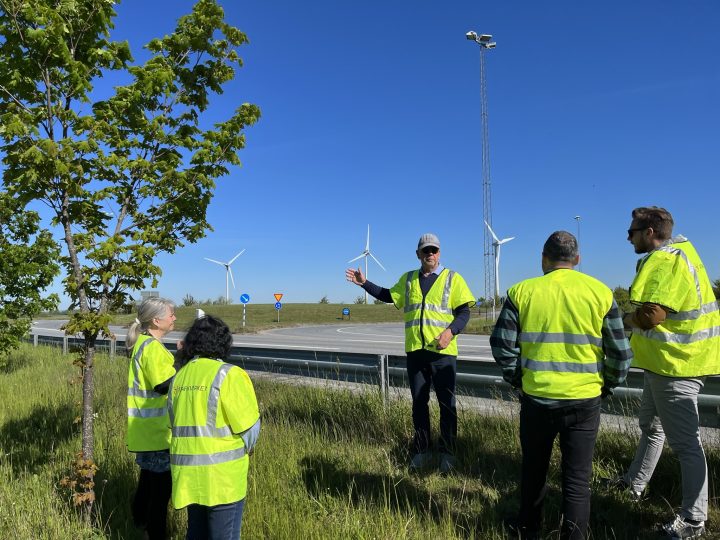
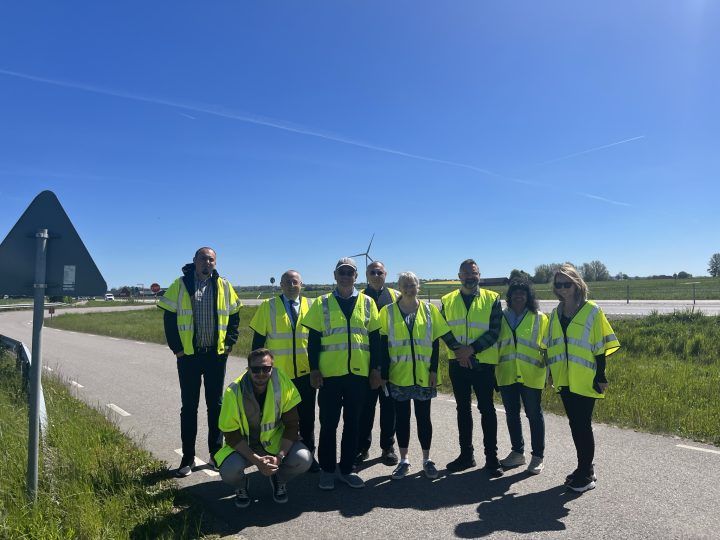
The Croatian delegation appreciated the experience and, together with their Swedish colleagues, were keen to further exchange ideas and measures to improve road safety. The EU Road Safety Exchange national workshop, which will be organised in Croatia in 2025, will allow experts from the two partner countries to continue and deepen cooperation on the topics of interest.